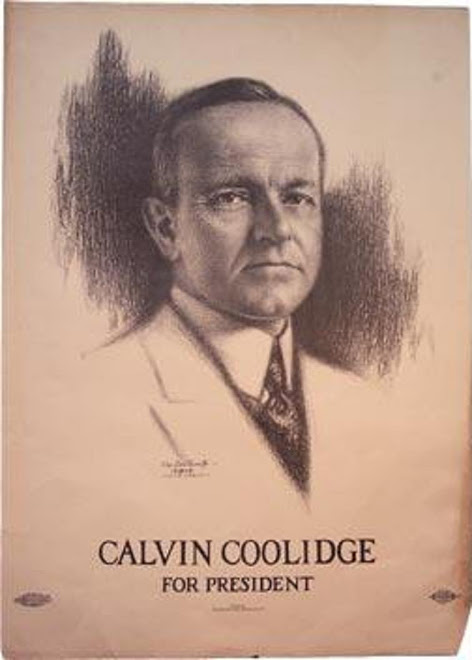The primary proposition in defense of avant-garde music of the relentlessly dissonant and persistently unpopular variety has always been that, through exposure and familiarity, we often come to appreciate, and even love, things that initially confuse or displease us. Here what we might call “the Beethoven Myth” comes into play. “Beethoven was misunderstood in his time,” the argument goes, “but now the whole world recognizes his genius. I am misunderstood in my time, therefore I am like Beethoven.” This reasoning, unfortunately, has been the refuge of countless second- and third-rate talents. Beethoven ate fish, too. If you eat fish, are you like Beethoven? But there’s a much graver flaw in the argument: Beethoven was not misunderstood in his time. Beethoven was without doubt the most famous composer in the world in his time, and the most admired. And if there were those who didn’t “get” his late string quartets, for example, there were plenty of others who did, and who rapidly accepted the quartets as masterpieces....
Have I exaggerated the intensity of the distaste that so much modernist music has aroused? No, sad to say, not if we keep certain factors in mind. One is the strength of the needs, the intensity of the desires, that we fulfill with music. Our expectations of music—expectations of the type nurtured, reinforced, and satisfied for generation upon generation—are enormous, and enormously important to us, and when those expectations are disappointed, we take it very badly indeed....Inevitably, however, we return to the fact that there’s something basic to human nature in the perception of “pleasing sounds,” and in the strength of the tonal structures that begin and end with those sounds. Blue has remained blue to us over the centuries, and yellow yellow, and salt has never started tasting like sugar. With or without physics, consonances are consonances because to most people they sound good, and we abandon them at great risk. History will say—history says now—that the 12-tone movement was ultimately a dead end, and that the long modernist movement that followed it was a failure. Deeply flawed at their musical and philosophical roots, unloving and oblivious to human limits and human needs, these movements left us with far too many works that are at best unloved, at worst detested. They led modern classical music to crisis, confusion, and, in many quarters, despair, to a sense that we’ve wasted decades, and to a conviction that our only hope for whatever lies ahead starts with first making sure we abandon the path we’ve been on.
From a distance of centuries, knowledgeable observers can usually discern when specific cultural developments within societies or civilizations reached their peaks. The experts may argue over precise dates and details, but the existence of the peaks themselves is rarely in question. In the case of Western music, we don’t have to wait centuries for a verdict. We can say with confidence that the system of tonal harmony that flowered from the 1600s to the mid-1900s represents the broad summit of human accomplishment, and that our subsequent attempts to find successors or substitutes for that system are efforts—more or less noble—along a downhill slope. [But the joy of "serious" music began to diminish around 1900, when many leading composers (e.g., Mahler and R. Strauss, following the lead of Wagner and Bruckner), began to deploy tonality in pretentious, ponderous, and dreary works: ED.]
What lies ahead? Nobody can say, of course. But with the peak behind us, there’s no clear cause for optimism—no rational cause, anyway, to believe that another Beethoven (or Berlioz or Brahms...) is on the way. And even if he were on the way, in what musical language would he write when he got here? The present is totally free but totally uncertain, the immediate past offers little, and the more distant past is . . . past. And yet, irrational creatures that we are, we keeping hoping for the best, and it’s right that we do. We owe it to Music. The good news is that there are many composers today who, despite the uncertain footing, are striving valiantly, and successfully, to write works that are worthy of our admiration and affection. They write in a variety of styles, but the ones who are most successful are those who are finding ways—often by assimilating ethnic idioms and national popular traditions—to invest their music with both rhythmic vitality and lyricism. They’re finding ways to reconnect music to its eternal roots in dance and song.
Rhythmic vitality and lyricism. That's what it takes, and that's what's been missing from most "serious" music for the past 100 years or so.
